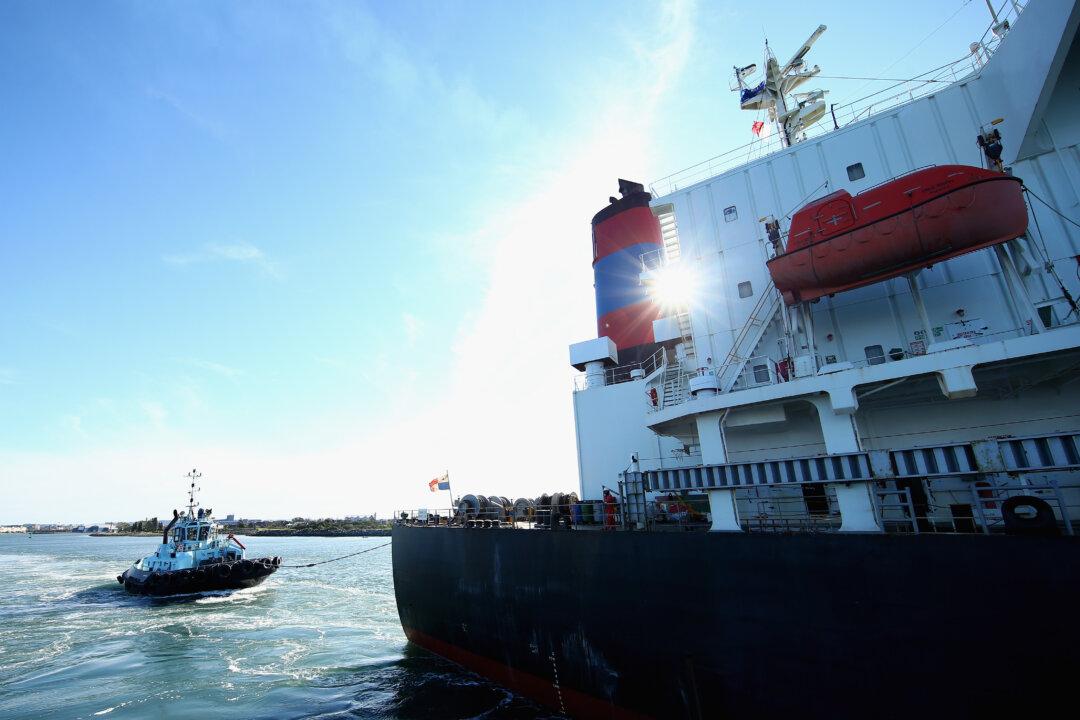The Australian economy managed to dodge a bullet after the industrial relations umpire stepped in to order the country’s largest tugboat operator to suspend a planned lockout of workers.
On Nov. 17, the Fair Work Commission ruled that Svitzer’s plan to lock out half its workforce indefinitely would cause severe damage to the economy and put the welfare of the population at risk.





